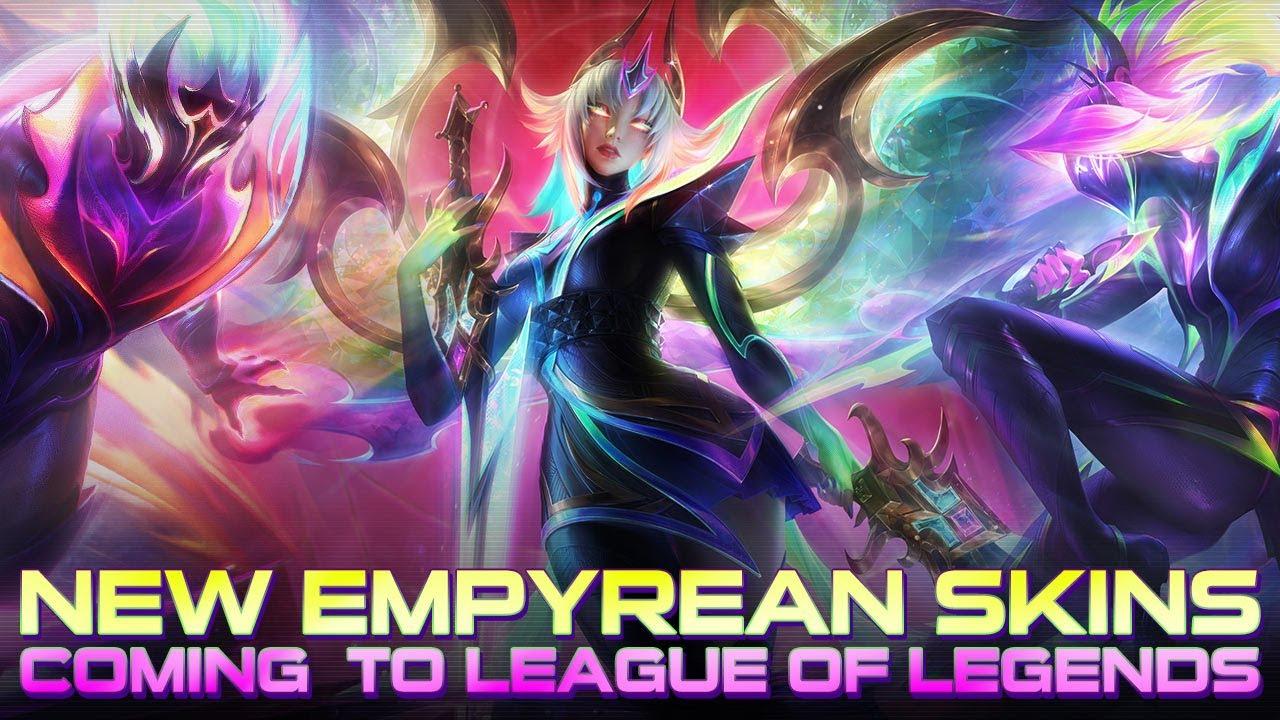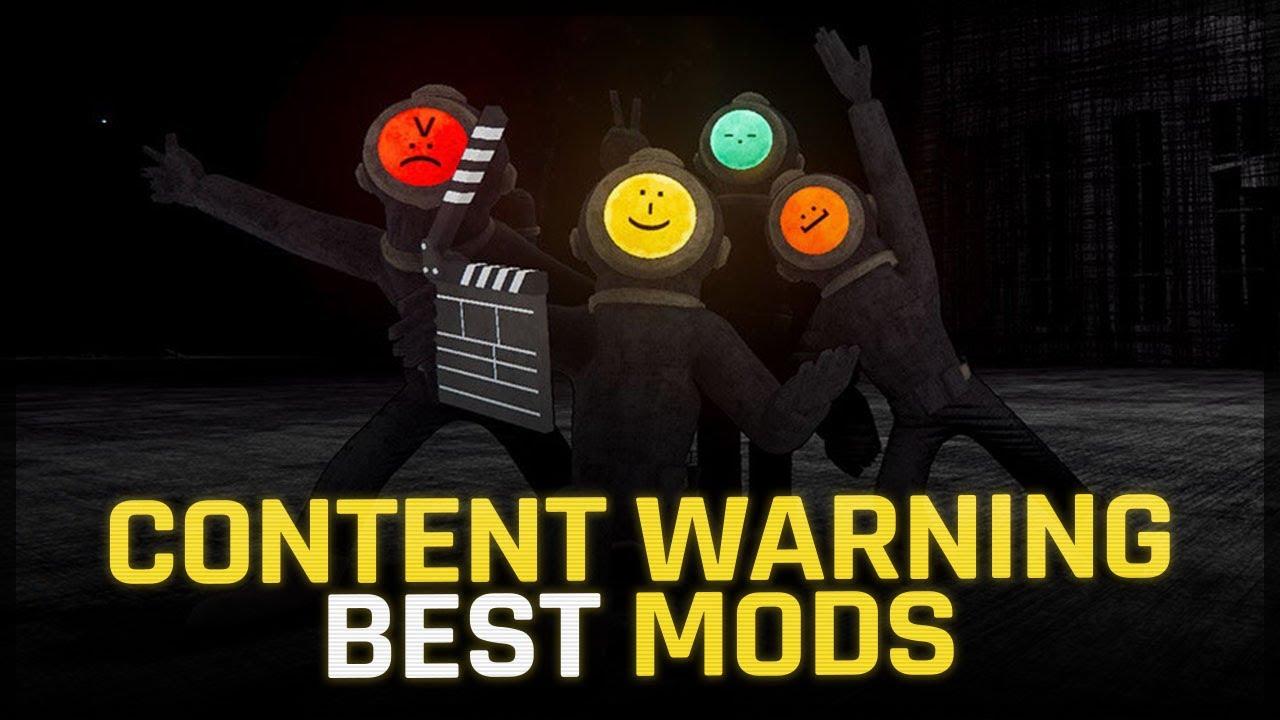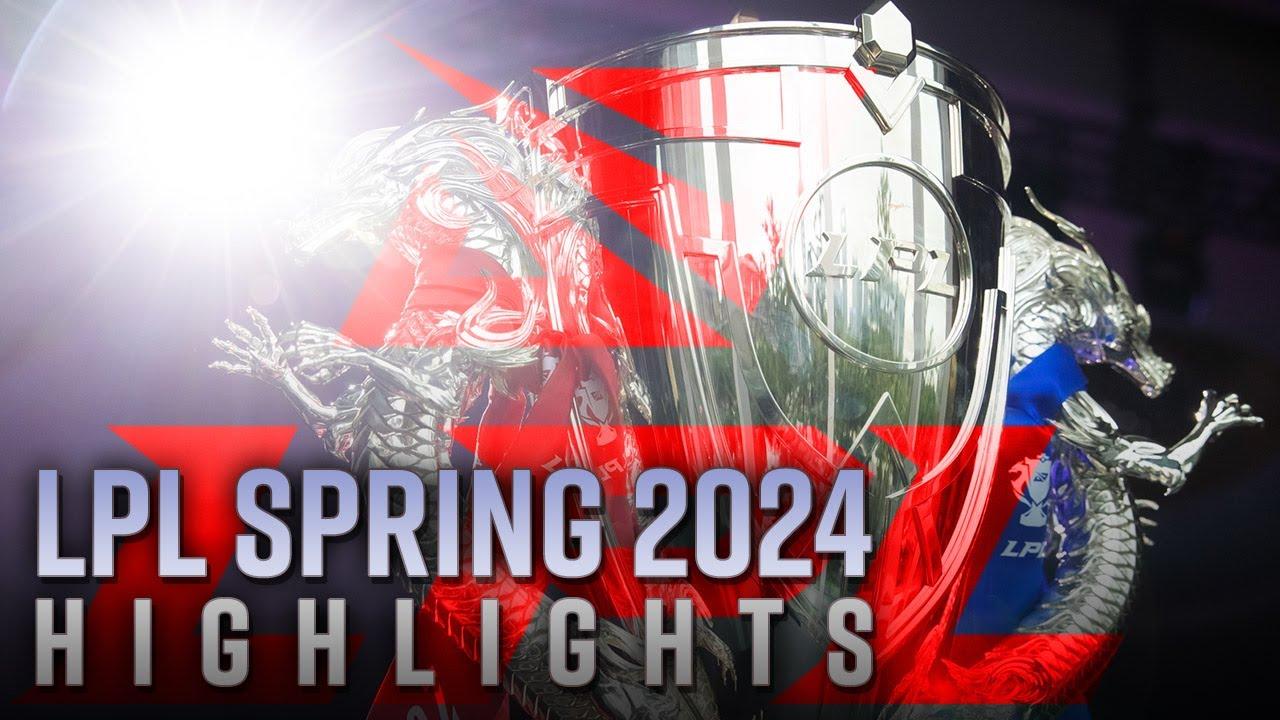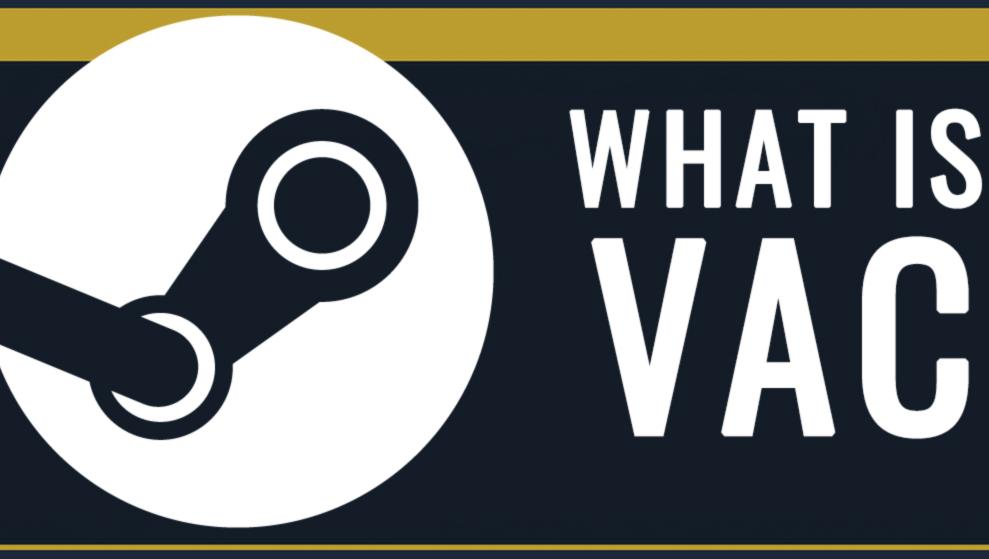
What does VAC mean in Counter-Strike: Global Offensive?
Valve has its own anti-cheat program, and it’s more than 99% effective.
If a player has played Counter-Strike: Global Offensive, they’ve probably heard of VAC. But new players might be a little confused about all the different types of anti-cheat that Valve uses to protect CSGO. Some players have complained that Valve’s anti-cheat programs don’t work, but a better observation would be that it doesn’t catch every cheat. The most famous of Valve’s anti-cheat programs is called Valve Anti-Cheat, otherwise known as VAC.
VAC is Valve’s own personal anti-cheat system
VAC runs alongside Valve games including Counter-Strike: Global Offensive, Left for Dead 2, Team Fortress 2, and Dota 2, and scans for programs that inject anything into the game. These programs are then compared to Valve’s database of cheats or investigated to see whether or not the program that VAC has detected is something as simple as the Open Broadcaster Software used to stream games, or something more nefarious like a wall hack or aim bot.
For new players, there’s something important to understand. Valve says that except in extremely rare circumstances, VAC bans are for real. That means that if a player receives a VAC ban, Valve is more than 99% sure that they have used a hack. But sometimes VAC gets a bad reputation. As cheats become harder to detect, VAC has at times struggled to keep up with the new ways hackers have found to penetrate Valve games.

As shown in the image above from Steam.db, VAC is actually very good at what it does. If it sees a known cheat, it issues a ban. Contrary to popular belief, VAC isn’t bad. It just doesn’t have enough information to keep up with cheat programmers.
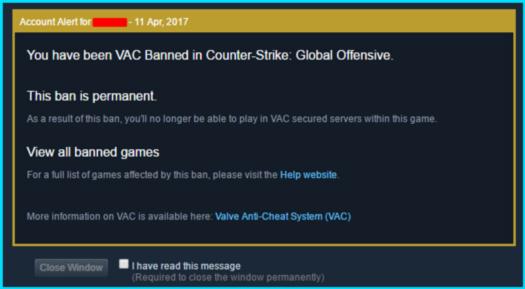
Valve has other anti-cheat operations, especially in games like CSGO. Overwatch is one example, where players that have reached a specific rank and logged a required number of hours in-game are given the opportunity to review community demos and decide whether or not a player has cheated.
Valve has leveraged Overwatch to train its own artificial intelligence designed to better detect cheaters. Since Valve can’t be sure that the players doing Overwatch cases are 100% correct, players will receive Overwatch bans instead. These bans aren’t like VAC bans. While VAC bans are permanent and lock down a user’s account, an Overwatch ban will eventually expire.
Read more about how Valve used Overwatch to train a program to detect cheaters right here.
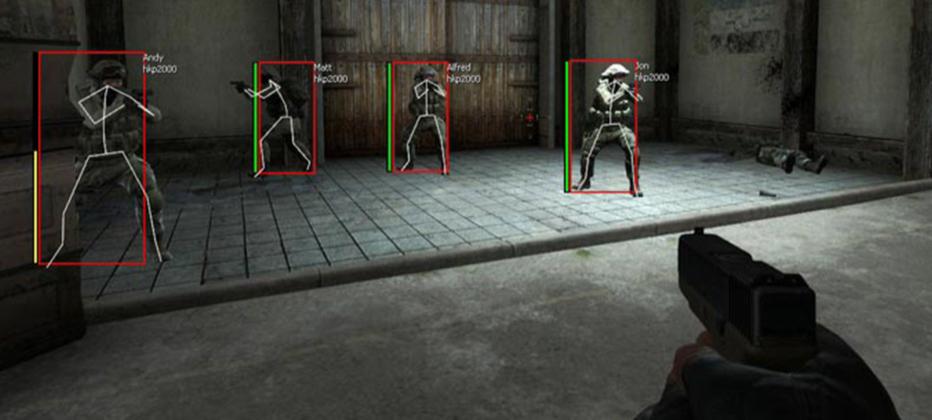
While VAC may not catch every cheat, CSGO players still have confidence in the anti-cheat, especially when they see the dreaded “VAC Ban” message on an account. It’s not the best at catching new cheats, but Valve maintains that if VAC hands out a ban, the user was almost certainly using a program that modified CSGO in a way that gave them an advantage.
Recommended

All maps are now available in CS2, what does it mean?
Poor Inferno players.
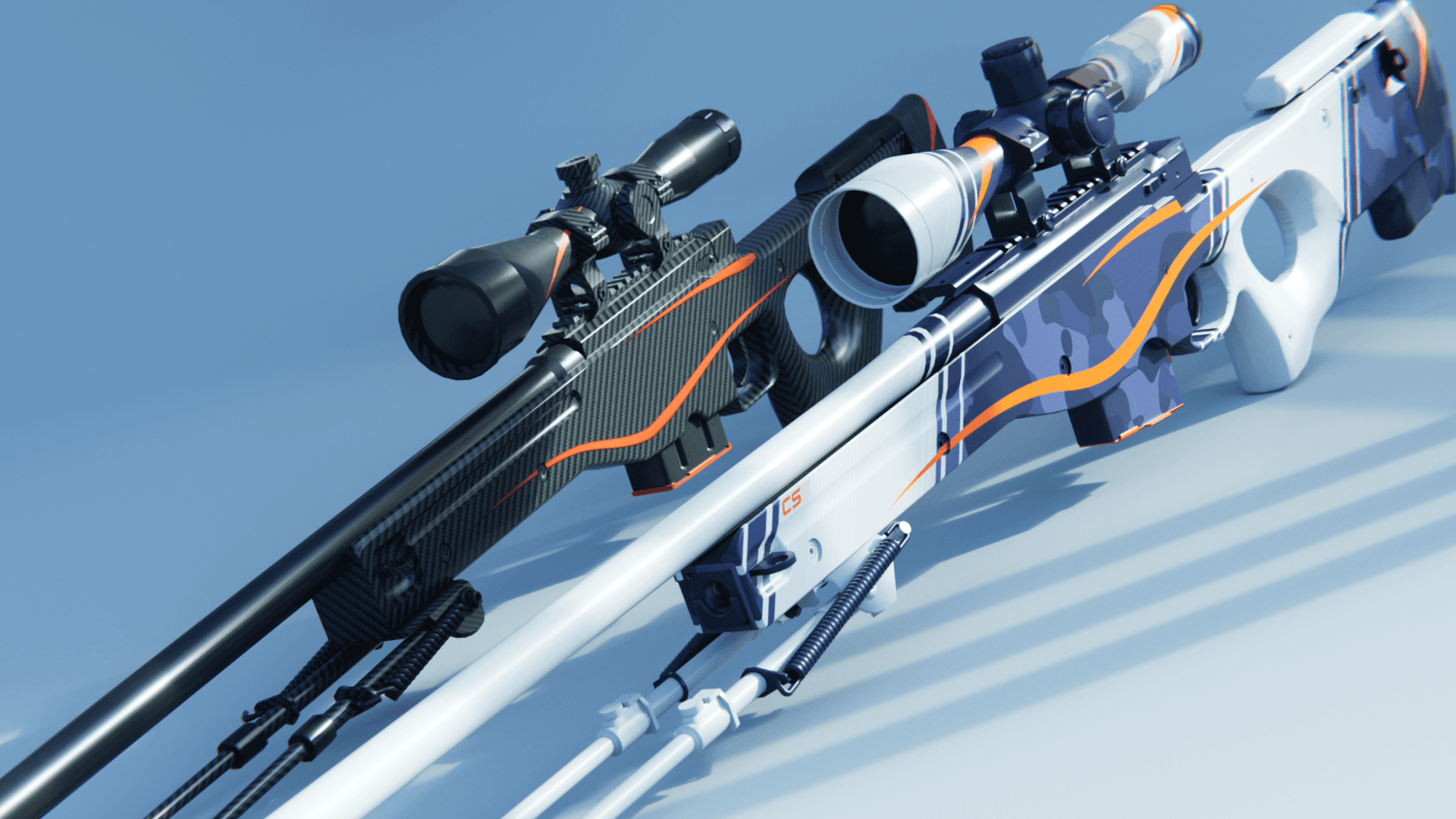
Redline creator reveals a sequel skin for CS2
Maybe call it the Orangeline?
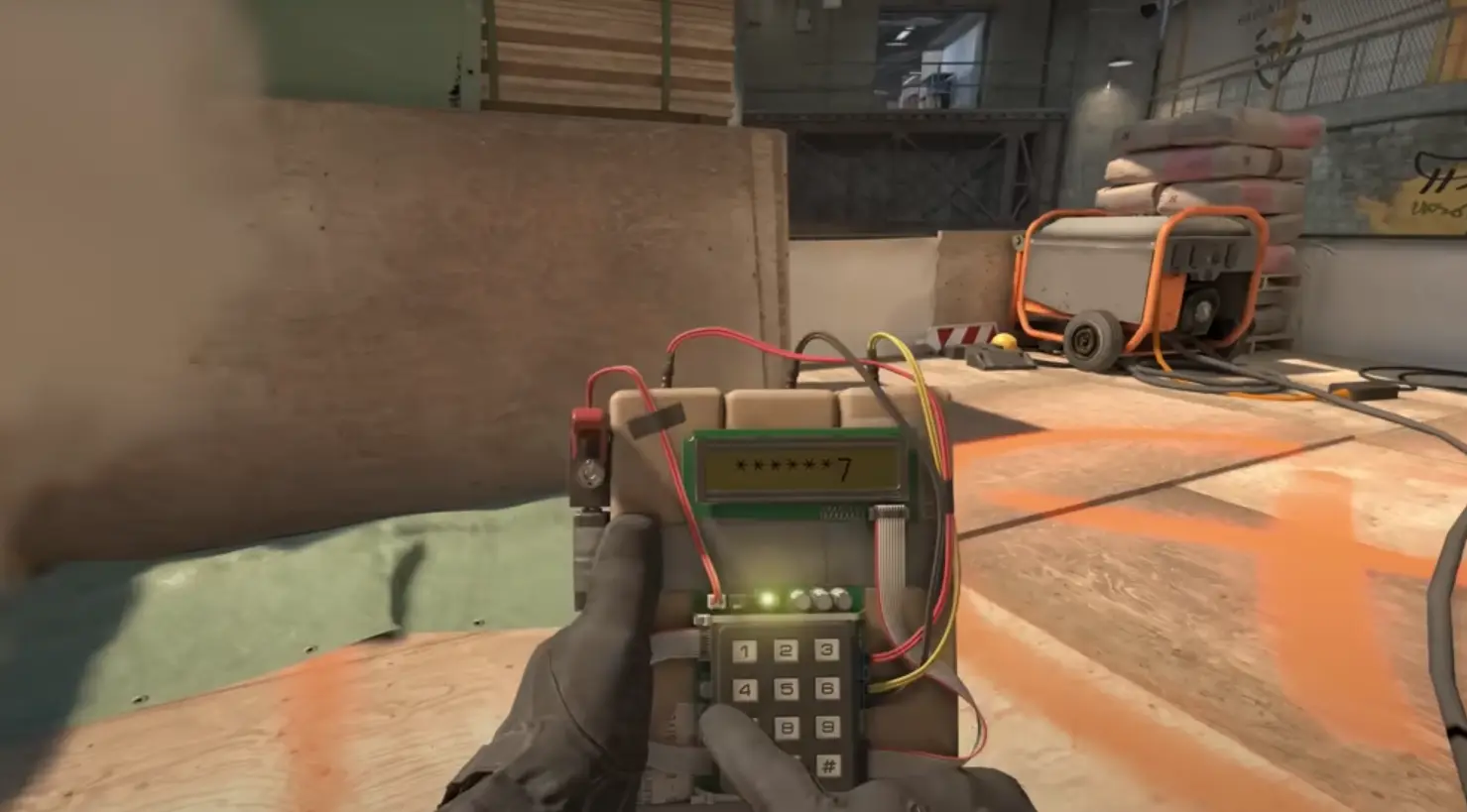
CS2 release date: Everything we know so far
Is it CS2-morrow? No, it is not.



